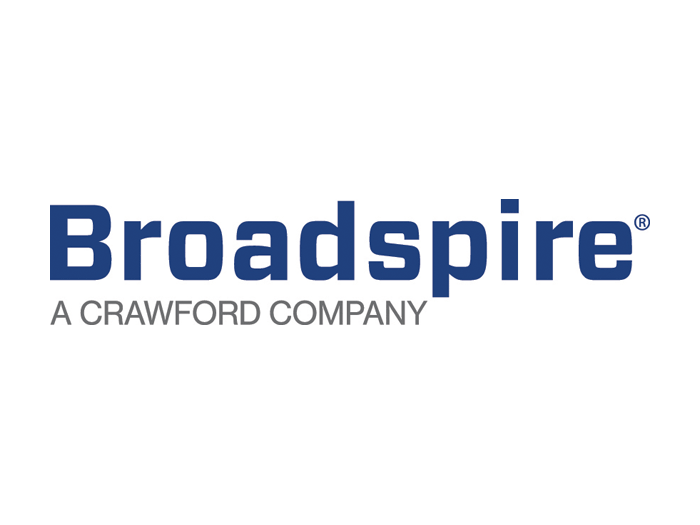Utilization Review
In Search of a Great Peer Review

Have you noticed the increasing importance of peer review services? With medical and narcotic utilization on the rise, peer reviewers can have a tremendous impact on the outcome of a claim. So, how can you ensure that your search for great peer review services is successful?
Consider this: peer review companies have two customers: the peer reviewer and the payer and your search must ensure that they have appropriately focused on both.
The Peer Reviewer Customer
For the peer reviewer the company that has recruited them must provide the tools necessary to facilitate their work processes so that, as one Peer Review company told me: “Physicians can just be physicians.”
If you want the best medical professionals reviewing your treatment requests or having conversations with the treating provider on your behalf on your most difficult claims, then they must have access to their work anywhere, anytime. “Great” peer reviewers are most often “great” practicing physicians who are very busy and might want to be able to perform their peer review at odd hours of the day or night. The technology must be reliably available more than 99 percent of the time in order to ensure that jurisdictional timeframes are met.
Peer reviewers need easy, well-organized access to all of the relevant information on a case including:
- Prior medical records,
- Actual diagnostic images
- Prior utilization reviews and recommendations
- Automated and integrated guidelines relevant to each diagnosis
- State specific regulations.
Peer review companies should have technical, regulatory and clerical support readily available to the peer reviewers. To ensure that their time is used wisely, assisting reviewers with the scheduling of appointments with the treating physicians for peer-to-peer discussions can be very important.
Making the right decision on medical care requires time and energy. Often there is a great deal of medical history to slog through to ensure peer reviewers have the right clinical understanding of a case. If the reimbursement to the provider is a flat rate that does not take into consideration the amount of material there is to review on a particular case, the reviewer will skim the material to get an idea and then make a decision. But previous medical history is a critical component to a peer reviewer’s medical necessity/appropriateness decision.
A “great” peer reviewer will be able to effectively engage with the treating physician and have a fruitful, productive conversation.
Consider the example of an injured worker with a knee injury. The MRI shows the tear and the treatment request meets all the guidelines. However a review of the very extensive medicals demonstrates that this same injured worker has had this surgery several times previously without any benefit. A “great” peer reviewer would have read all the medicals and would have known that, on an MRI, a meniscus tear looks just like a scar from previous surgery. Without any benefit from the previous surgeries, more surgical intervention is not indicated.
The Payer Customer
For the payer customer, the peer review company must make certain that reviews are completed with the highest quality for a reasonable cost. This means that they have to provide all of the support services noted above and have clinical integrity as a core value. What should you be looking for?
The peer review company must demonstrate a thorough and extensive recruitment and credentialing process for peer reviewers. This process should not only include the usual primary source verification but assurance that peer reviewers have demonstrated clinical insight: the ability to find a balance between their clinical experience and evidence-based guidelines.
Two of the most important skills in the art of peer review are communication and interpersonal skills. A “great” peer reviewer will be able to effectively engage with the treating physician and have a fruitful, productive conversation. This is especially true when you are using peer review on your legacy/complex claims where the peer reviewer is attempting to obtain agreement to a significant change in treatment or prescribing plans.
One peer review company explained it to me this way: “When you are doing jurisdictionally mandated UR, the treating provider is expecting your call; when you are doing a retrospective review on a complex claim, you are surprising the provider and ‘great’ communication skills are critical.” Because these skills do not necessarily go hand-in-hand with clinical skills, your peer review company must have a method to measure the level of skill for each of their peer reviewers and be willing to train when necessary.
The peer review company needs to have a formal quality assurance process that ensures that another clinical professional reviews each peer review letter or report. You want the company to ensure that the review has sound clinical reasoning that is appropriate and consistent from a diagnosis, guideline and medical records standpoint, has appropriate spelling and grammar, has answered all the questions posed by the adjuster, has the treating provider’s perspective/agreement when appropriate and has met all jurisdictional requirements.
In order for you to be certain such a program is in effect, the peer review company needs to be able to demonstrate that it is tracking the QA statistics/issues/complaints for each of their contracted reviewers in order to assist or retrain those with frequent issues or replace those unable to perform at the expected level.
And last but certainly not least, the peer review company should be providing meaningful outcome reports that identify the impact of the peer review Program on your WC Program. You need to decide what goals you are setting for this program. Is it all about the number or percentage of treatment denials or the reduction in the number of pharmaceuticals an injured worker is taking? Or are you more interested in overall program impact, e.g., reductions in average cost per claim or overall medical spend? Whatever goals you set for this program, your peer review company should be able to assist you to understand their impact on those goals.
Ask yourself: What can I do to bring my organization’s peer reviews from good to “great”?










